PAULOWNIA
Paulownia Clon In Vitro 112®
We work with our own clone In Vitro 112 ®, hybrid between Paulownia Elongata x Fortunei. It is a clone selected and tested in the field, by In Vitro SL, for more than 10 years, it is not a GMO (genetically modified organism), since it comes from a natural cross and it is not an invasive clone.
Clon In Vitro 112®
We have been producing hybrid paulownia seedlings by micropropagation since 2003. We work with our own In Vitro 112 ® clone, Paulownia Elongata x fortunei. It is a clone selected and tested in the field, by In Vitro SL, for more than 10 years, it is not a GMO (genetically modified organism), since it comes from a natural cross.
Clone 112® is not invasive since, being a hybrid, its seeds are not viable under normal conditions and it is not exhausting either (it does not impoverish the land like other species), and it helps soil regeneration. It has shown to have superior adaptability to different soils and climates, backed by the results of the tests carried out by the University of Castilla-La Mancha, as the best clone. Its use is very appropriate as plants for the production of wood for biomass. Its use as wood its morphology is especially significant, producing perfectly cylindrical and straight trunks, and concentric rings.
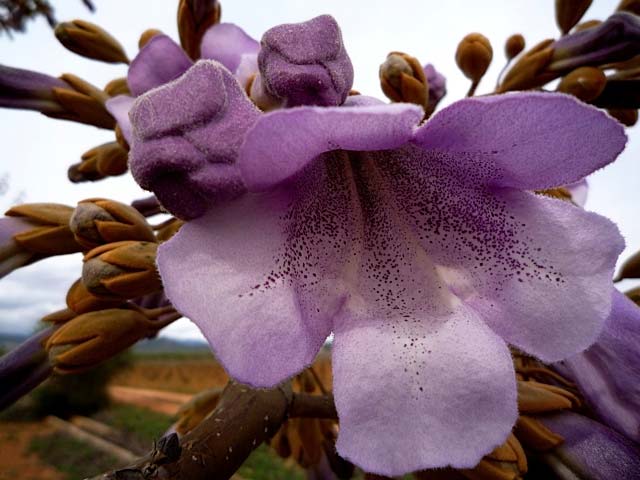
Paulownia tree species

Tree native mainly to China and Southeast Asia belonging to the Scrophulaceae family.
There are 9 recognized species of paulownia. The main ones are P. Fortunei, P. Elongata and P. Tomentosa.
Our clone is non-invasive and has ultra-fast growth for cultivation.
P. Elongata x Fortunei is the hybrid with the highest adaptability to soil and climate. (See study of the University of Castilla-La Mancha)
Growing Paulownia Trees
Paulownia plants have been cultivated for their wood in China for at least 2,000 years.
Its cultivation has increased in the world due to its ultra-fast growth and its environmental benefits.
In Asia it is cultivated in addition to China in Taiwan, Viet Nam, Cambodia, Laos, Korea and Japan.
It is also commercially cultivated in certain countries spread over all continents, the United States, Australia, New Zealand, Spain, Italy, South Africa, etc.
Planting frames of 4 x 4 m or greater for wood and 2 x 3 m for biomass are established.
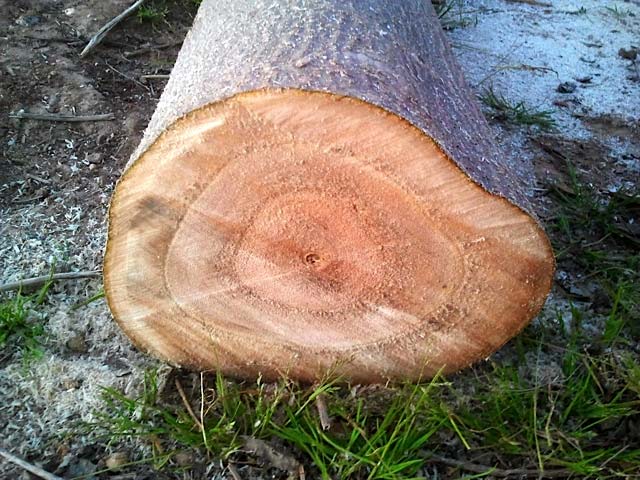
Trees for wood production
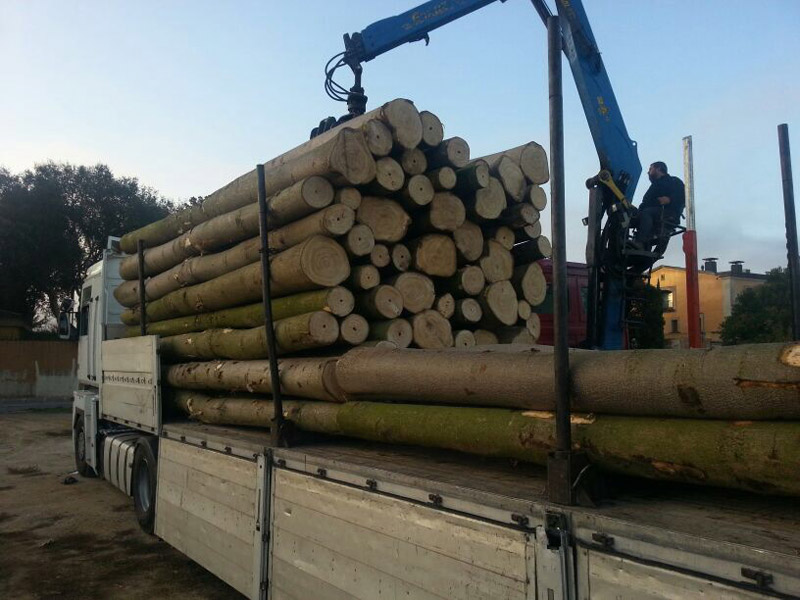
The wood is very light, around 260 kg/m3 at 10% moisture content.
It is highly appreciated in Asia for its characteristics. Old, slow-growing trees produce timber of very high economic value.
Its main characteristics are:
1. Light color, no smell, with straight grain and fine finish.
2. Quick dry. 40 days outdoors and 2 days in the oven.
3. Great resistance in relation to the pes.
4. Low fracture coefficient. Rarely it is deformed, duffle coat or esquerda.
5. Soft wood easy to work with. Absence of silica.
6. Good thermal and electrical insulation.
Production of wood for Biomass
Due to their rapid growth, they are very interesting for the production of wood for biomass.
Advantages compared to other woody crops such as poplar, eucalyptus and willow.
It does not require energy to be dried. -Low ash, chlorine and potassium content.
Once the crop is established, cutting cycles are established every 2 years.
It can be cut up to 7 times without replanting.
Yields of 35 to 40 Tn/ha year under normal conditions.
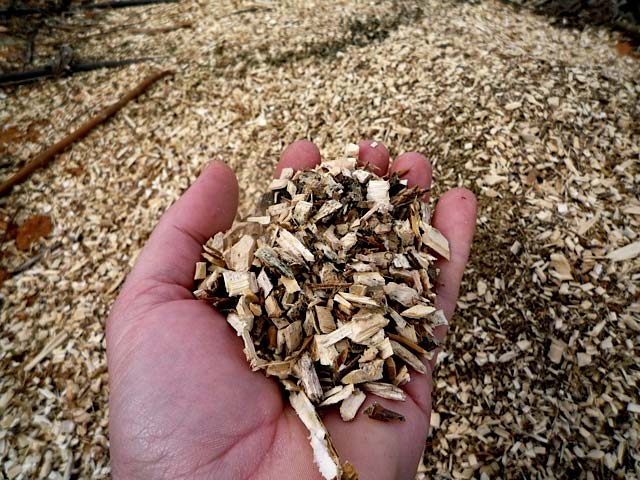
Requirements for planting Paulownia plants
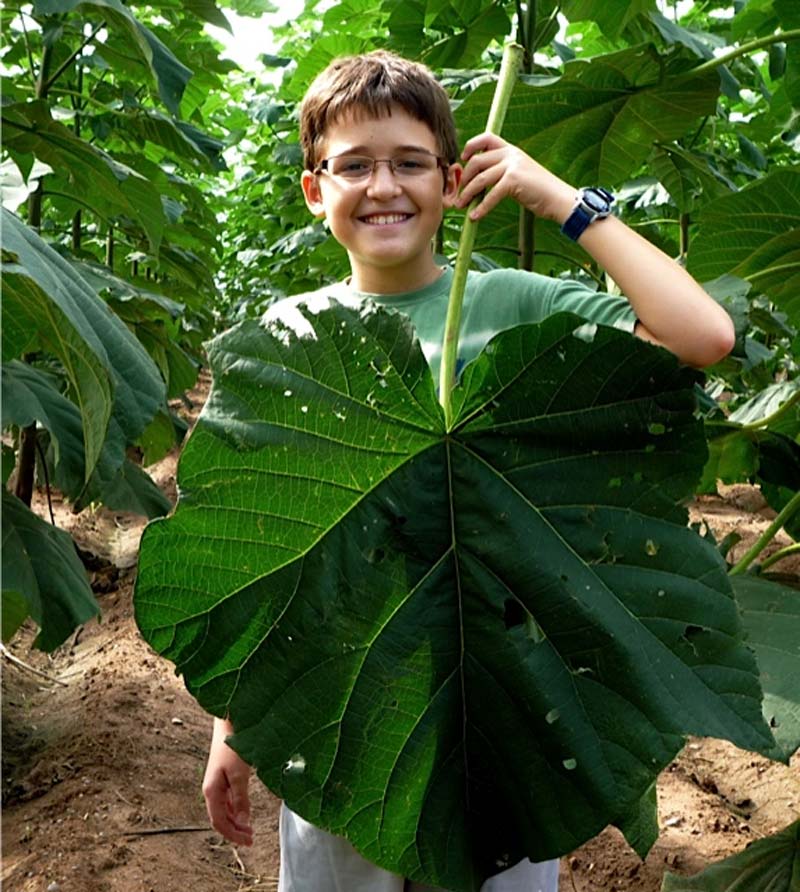
It grows best in deep, fertile, well-drained soils. Although it can grow in clay soils, it will grow best in sandy loam.
Optimum growth is reached when average temperatures exceed 20º C.
In places with late and/or early frosts, they will reduce the vegetative cycle and their yields will be less spectacular.
Irrigation is necessary if the rainfall regime is insufficient in the summer, coinciding with the maximum development of the tree.
The contribution of fertilizers is necessary when they are young, to stimulate the rapid growth and development of the root system. Once the plantation is established, the needs decrease.
It grows poorly in saline soils and water with high conductivity.
CONTACT
You can contact us via email, whatsapp, through the contact form or by calling us by phone. We will be happy to assist you!